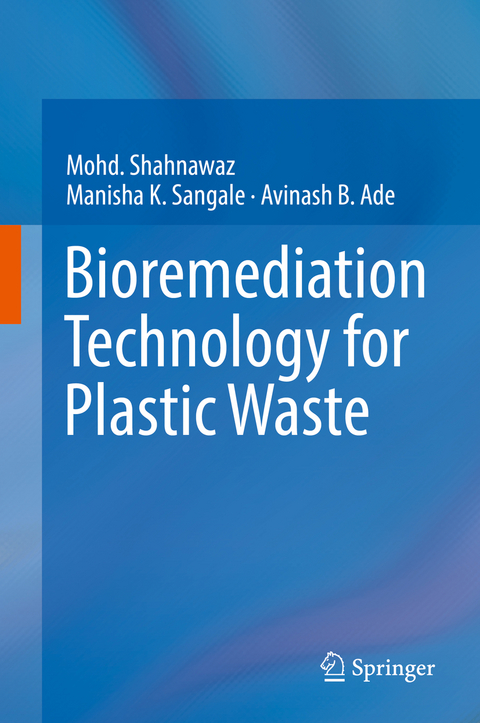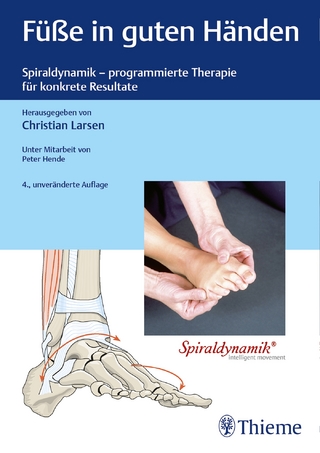
Bioremediation Technology for Plastic Waste
Springer Verlag, Singapore
978-981-13-7491-3 (ISBN)
Dr. Mohd. Shahnawaz is a DST-SERB National Post-doctoral Fellow at Plant Biotechnology Division, CSIR-Indian Institute of Integrative Medicine, Jammu and Kashmir, India. Previously, he has worked as a Lecturer in Botany at Department of Botany, Govt. Degree College Kishtwar, Jammu and Kashmir, India (2016-2017). He has earned his M. Phil. and Ph. D. in Botany from Department of Botany, Savitribai Phule Pune University, Maharashtra, India. He is the recipient of various fellowships awarded by the Savitribai Phule Pune University, University Grants Commission (UGC), and Department of Science and Technology (DST)-Science Engineering and Research Board (SERB), India. His research interests are focused on ecology, microbiology, bioremediation, and plant biotechnology. He has served as a referee for the number of International journals. He has been actively involved in teaching Cell biology, microbiology and plant biotechnology to the undergraduates students. Till now, he haspublished more than 15 research articles in the peer-reviewed international journals and authored or co-authored 5 books. He is also academic Editor of Asian Journal of Biology, SCIENCE DOMAIN international. Dr. Manisha K. Sangale is an Assistant Professor in Botany at Department of Botany Rayat Shikshan Sanstha's S. M. Joshi College, Hadapsar, Maharashtra, India. Previously, she has served as an Assistant Professor at Department of Botany, Rayat Shikshan Sanstha's Yashvantarao Chavan Institute of Science, Satara, Maharashtra, India. She has earned her M. Phil. and Ph. D. in Botany from Department of Botany, Savitribai Phule Pune University, Maharashtra, India. She is a recipient of various fellowships and awards conferred by the Savitribai Phule Pune University and University Grants Commission (UGC), India. Her research interests are focused on the Phycology, Mycology, Ecology, Microbiology, and Bioremediation. She has served as the referee for a number of International journals. She teaches Phycology, Mycology, and Microbiology and Plant Biotechnology to the post-graduate students. Till now, she has published more than 15 research articles in various peer-reviewed international journals and authored a book. Dr. Avinash B. Ade is a Professor at Department of Botany, Savitribai Phule Pune University, Maharashtra, India. He has earlier served as Associate Professor (2005-2009) and Assistant Professor (1997-2009) in the Department of Botany, Dr. Babasaheb Ambedkar Marathwada University, Aurangabad, Maharashtra, India. He has made a significant contribution towards understanding the plant-microbe interactions and Bioremediation. He has been conferred with various prestigious awards notably, Dr. M. A. Dhore Gold Medal. He has served as the referee for a number of National and International journals. He has more than 20 years of teaching experience in Plant Ecology, Cytogenetics, Genetics, Plant Pathology, and Bioremediation. He has also published more than 50 research articles in the peer-reviewed international journals and authored or co-authored 6 books and 11 book chapters. He is a member of various national and international scientific societies and organizations importantly, Life Member of Marathwada Botanical Society, Life Member of Maharashtra Society of Genetics and Plant Breeding, Life Member of Indian Society of Genetics and Plant Breeding, Life Member of Indian Society of Plant Pathologists and Life Member of Indian Ecological Society
Module 1_Introduction.- Module 2_Microplastic.- Module 3_Plastic waste disposal and re-use of plastic waste.- Module 4_Case studies and recent update of plastic waste degradation.- module 5_Bacteria as key players of Plastic Bioremediation.- Module 6_In situ remediation technology for plastic degradation.- Module 7_Ex-situ remediation technology for plastic degradation.- Module 8_Social awareness of plastic waste threat.- Module 9_Analysis of the plastic degradation products.- Module 10_Toxicity testing of plastic degrading products.- Module 11_Policy and legislation/regulations of plastic waste around the globe.- Module 12_Conclusions and future needs.
| Erscheinungsdatum | 10.06.2019 |
|---|---|
| Zusatzinfo | 14 Illustrations, color; 12 Illustrations, black and white; XIX, 130 p. 26 illus., 14 illus. in color. |
| Verlagsort | Singapore |
| Sprache | englisch |
| Maße | 155 x 235 mm |
| Themenwelt | Medizin / Pharmazie ► Physiotherapie / Ergotherapie ► Orthopädie |
| Naturwissenschaften ► Biologie ► Genetik / Molekularbiologie | |
| Naturwissenschaften ► Biologie ► Mikrobiologie / Immunologie | |
| Naturwissenschaften ► Biologie ► Ökologie / Naturschutz | |
| Technik ► Medizintechnik | |
| Technik ► Umwelttechnik / Biotechnologie | |
| ISBN-10 | 981-13-7491-0 / 9811374910 |
| ISBN-13 | 978-981-13-7491-3 / 9789811374913 |
| Zustand | Neuware |
| Haben Sie eine Frage zum Produkt? |
aus dem Bereich


